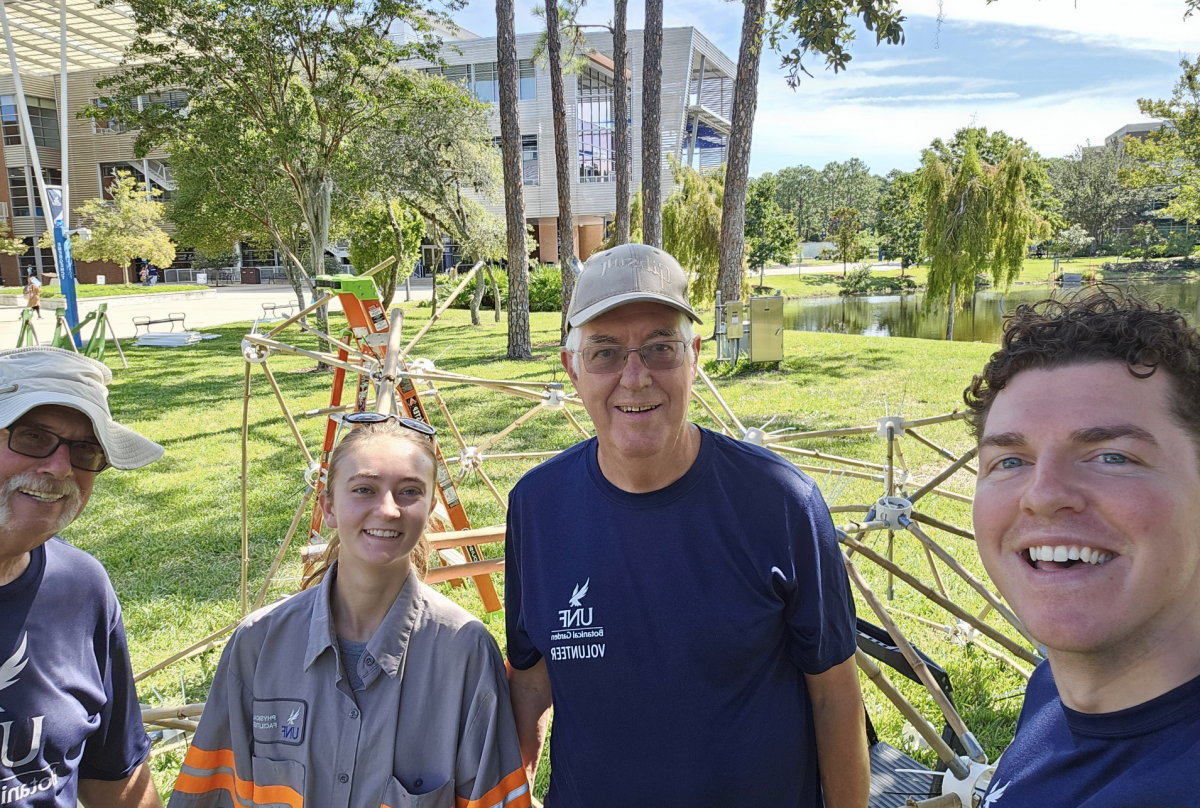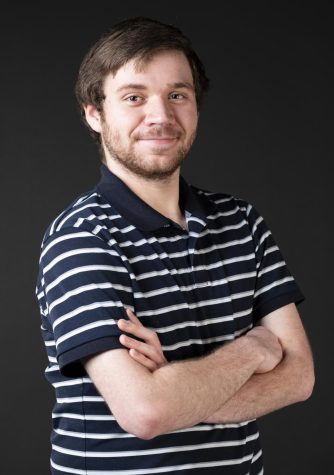Where do we go from here?
It is no understatement to say that we are living in very charged times. With several high-profile police and vigilante involved murders coming to light over the past months, protests and riots have been heating up in cities across the United States.
These protests have been calling out against police brutality and excessive force. The response from law enforcement has been mixed. With some officers participating in the protests and others exercising the exact kind of force the protestors are citing as damaging.
Police brutality and the targeting of minority communities has been a topic heavily discussed and debated. But where did the modern police force come from? What is their mission and is it possible that some branches have deviated or lost their way?
In 1829 Sir Robert Peel established the London Metropolitan Police Force. He is known as the ‘father of modern policing,’ and is credited with drafting a set of principles with which to create an ‘ethical police force.’
The principles he established are just as crucial today as they were nearly two centuries ago.
9 Policing Principles
- To prevent crime and disorder, as an alternative to their repression by military force and severity of legal punishment.
- To recognize always that the power of the police to fulfill their functions and duties is dependent on public approval of their existence, actions and behavior, and on their ability to secure and maintain public respect.
- To recognize always that to secure and maintain the respect and approval of the public means also the securing of the willing cooperation of the public in the task of securing observance of laws.
- To recognize always that the extent to which the cooperation of the public can be secured diminishes proportionately the necessity of the use of physical force and compulsion for achieving police objectives.
- To seek and preserve public favor, not by pandering to public opinion, but by constantly demonstrating absolute impartial service to law, in complete independence of policy, and without regard to the justice or injustice of the substance of individual laws, by ready offering of individual service and friendship to all members of the public without regard to their wealth or social standing, by ready exercise of courtesy and friendly good humor, and by ready offering of individual sacrifice in protecting and preserving life.
- To use physical force only when the exercise of persuasion, advice and warning is found to be insufficient to obtain public cooperation to an extent necessary to secure observance of law or to restore order, and to use only the minimum degree of physical force which is necessary on any particular occasion for achieving a police objective.
- To maintain at all times a relationship with the public that gives reality to the historic tradition that the police are the public and that the public are the police, the police being only members of the public who are paid to give full-time attention to duties which are incumbent on every citizen in the interests of community welfare and existence.
- To recognize always the need for strict adherence to police-executive functions, and to refrain from even seeming to usurp the powers of the judiciary of avenging individuals or the State, and of authoritatively judging guilt and punishing the guilty.
- To recognize always that the test of police efficiency is the absence of crime and disorder, and not the visible evidence of police action in dealing with them.
These principles informed the development of a centralized municipal police department in the United States in the 1830s. According to snopes.com, the modern police organizations had some shared characteristics:(1) they were publicly supported and bureaucratic in form; (2) police officers were full-time employees, not community volunteers or case-by-case fee retainers; (3) departments had permanent and fixed rules and procedures, and employment as police officers was continuous; (4) police departments were accountable to a central government authority.
Policing up to that point had been a reactive enterprise. Police would respond or react to a specific criminal act. The newer, more organized force began to shift to preventative crime control, by focusing on the “alleged crime producing qualities of the dangerous-classes.” (snopes.com) The so-called ‘dangerous classes’ of those times were often poor, immigrant, communities of color. Creating this distinction then would lay the groundwork for policing, as an institution not as individuals, to reinforce race and class inequities today.
This shift in policing from reactive to preventative would serve to normalize police presence in everyone’s day-to-day life. The idea was that the mere presence of police would serve as a deterrent to crime. Though how exactly the police would create this reality is unclear to this day.
While calls for police reform go back as far as the police force itself, most recently these calls have been in response to the very public murders of unarmed people of color.
Here in Jacksonville, a local group, Jacksonville Community Action Committee (JCAC), has been petitioning for a Jacksonville Police Accountability Council (JPAC).
In their words JPAC “is a push for true police accountability different from the existing review board in the following ways: (1) it would consist of democratically elected civilians from each precinct; (2) have the ability to assist in writing or rewriting codes of conduct; (3) have subpoena power; (4) have the authority to participate in misconduct trials; (5) assist in writing or rewriting specialized trainings; (6) bring forward the concerns of the community regarding true accountability.
Civilian review boards are just one example of ideas to reign in the abuse of power and lack of trust the police force has garnered through the years.
Envisioning a World Without Police
Have the police over stepped healthy boundaries? Do they have their batons in too many areas of civic life to be useful and/or effective?
Author and professor of sociology at Brooklyn College Alex Vitale suggests, “people should be given the programs and resources they need to solve problems within communities in ways that do not involve police, courts, or prisons — a path to materializing justice.” He posits that “a combination of community-based programs, support services, regulation, economic investment, and political representation for poor communities of color can significantly shrink the impact of policing in exchange for justice and community empowerment.”
* The history of modern police is an extensively researched and important topic. This article only scratches the surface. Here are a few recommendations for continued reading/research Books:
Our Enemies in Blue – Kristian Williams
Arrested Development – Chief David Couper
The End of Policing – Alex Vitale
___
For more information or news tips, or if you see an error in this story or have any compliments or concerns, contact editor@unfspinnaker.com.












